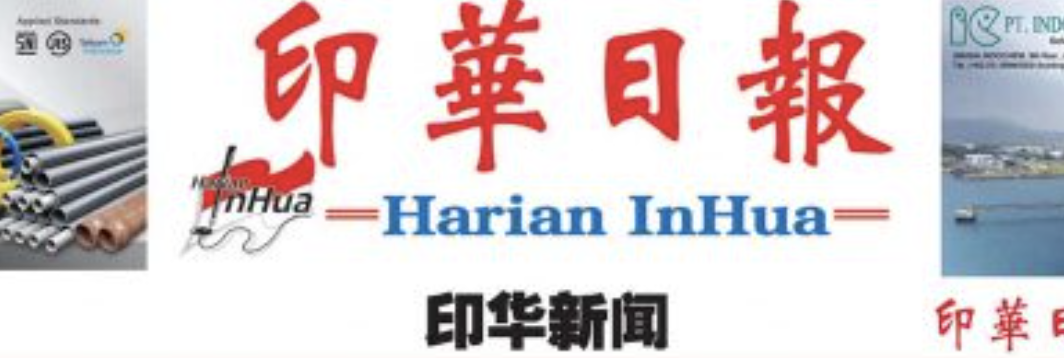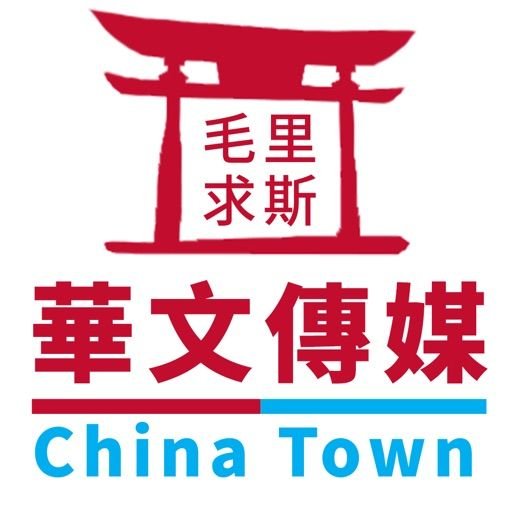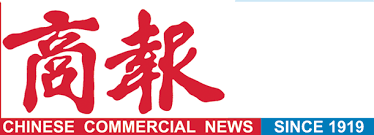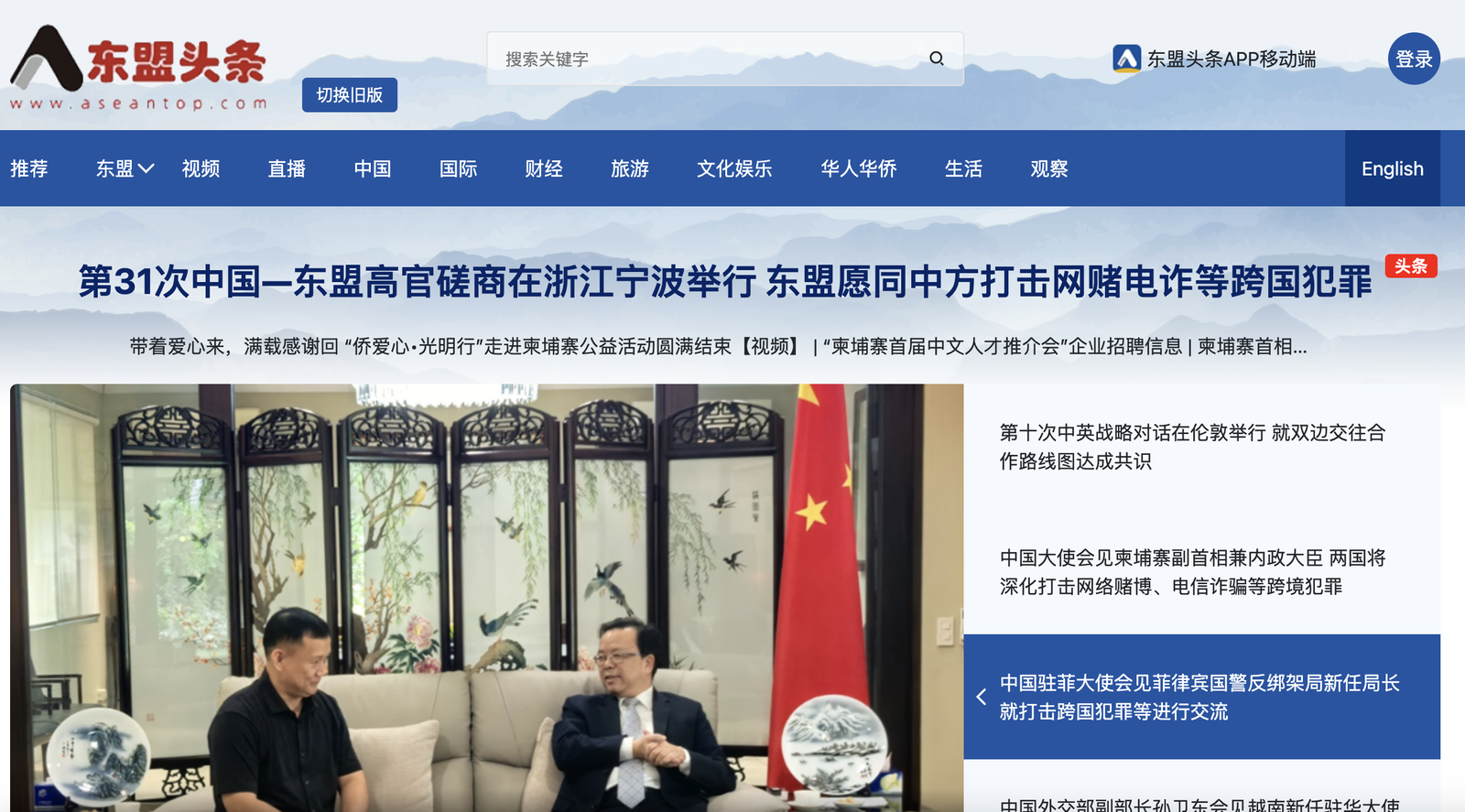Philippine Chinese Daily
The Philippine Chinese Daily (菲律賓華報) was founded on September 27, 2007, and describes itself as a newspaper serving Chinese immigrants in the Philippines. The publication features sections on local news, financial updates, international news, Hong Kong and Macau affairs, and community activities, and claims to have co-published a Philippine edition with the People’s Daily overseas edition. Since 2020, due to COVID-19 pandemic lockdowns and printing plant closures mandated by Philippine authorities, the newspaper suspended its print edition and shifted to distribution via WeChat.









